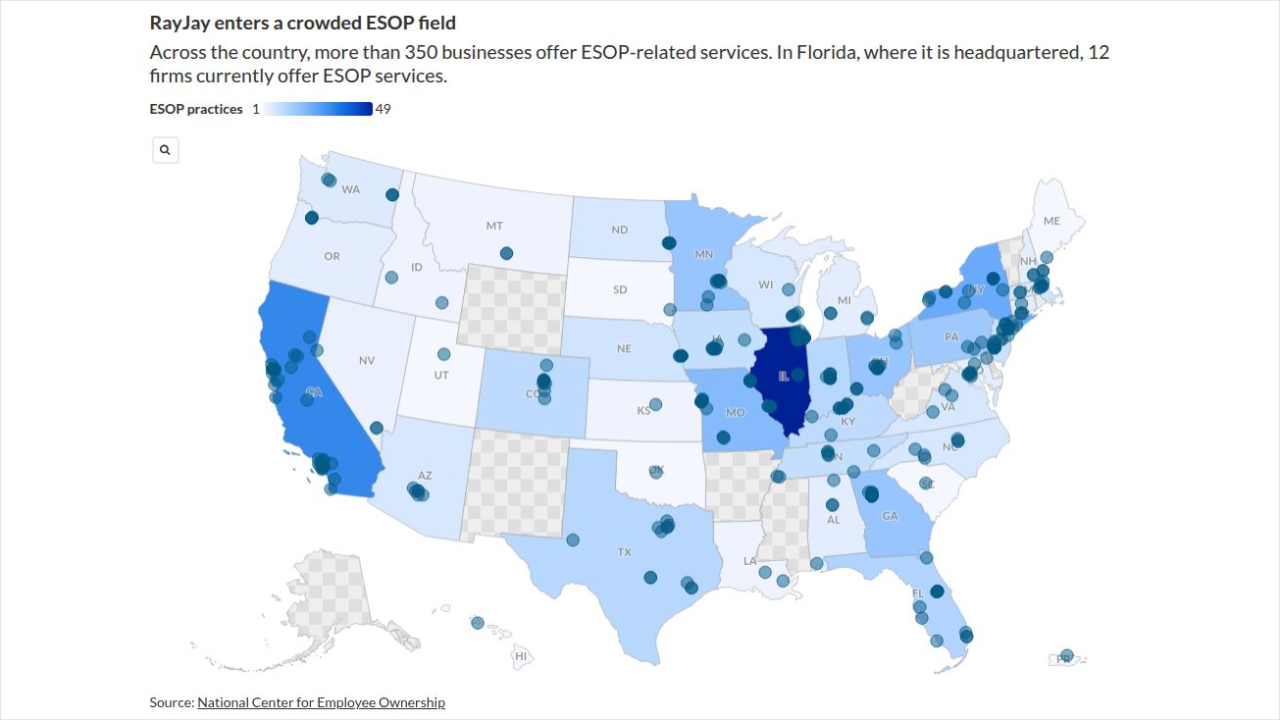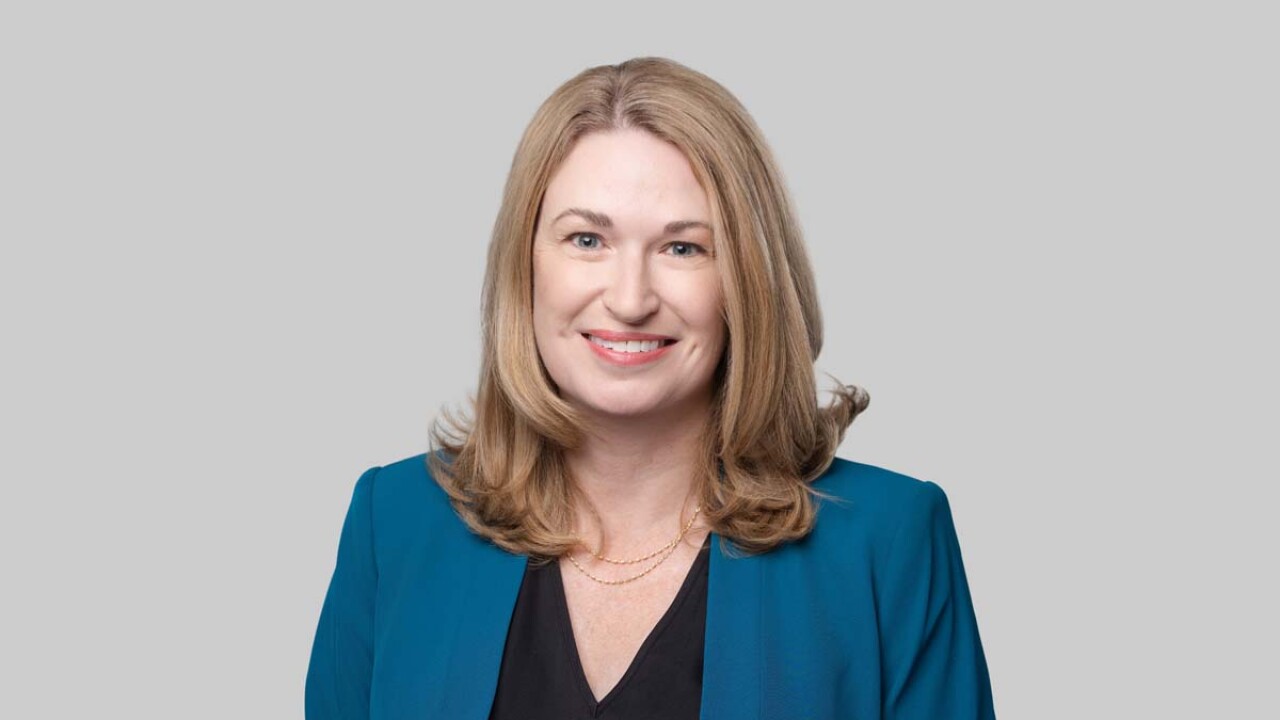The mutual fund industry has seen significant changes in the traditional third-party distribution model, especially this past year with the collapse of several major wirehouses and a spate of merger and acquisition activity. Alongside these changes, more broker/dealers are taking on the responsibility for recordkeeping mutual fund subaccounts.
This trend has been growing for years, up from when only the top-tier broker/dealers took in-house responsibility for mutual fund recordkeeping to correspond with their omnibus processing of equity and fixed income trades. Over the past few years, mutual fund companies have begun to accept this paradigm.
As more broker/dealers take on the role of sub-transfer agent, performing recordkeeping for accounts held on their brokerage systems, fund companies are faced with many opportunities and challenges related to rationalizing their own operations. They must adjust to shifting responsibilities for prospectus and regulatory compliance, evolving operational revenue and expense models and a new working relationship with the intermediary partners that sell their products.
When recordkeeping functionality moves from the mutual fund and its transfer agent to the broker/dealer, questions arise about whose obligation it is to meet certain laws and regulations. Intermediaries that provide subaccounting generally maintain that they are prepared to assume all responsibilities that go with mutual fund recordkeeping. However, fund companies and their boards of directors may reason that they remain accountable.
Fund companies are working with broker/dealers on a range of approaches to address the oversight challenge. Many are looking for attestation standards similar to the SAS 70. Some request and receive complete data files daily in order to ensure that prospectus provisions are uniformly implemented, while others prefer to conduct periodic analytics in arrears and drill down when a potential problem is flagged. Time will tell which approach will be more effective-and more acceptable to regulators-in stemming problems related to market timing and prospectus non-compliance.
Fund companies that own and operate internal transfer agencies may lose recordkeeping revenue when individual accounts move to omnibus. With reduced revenues or newly exposed operational costs, some fund companies may look at alternatives such as leveraging the capabilities of a third-party transfer agent in order to manage their ongoing expenses.
In this scenario, many fund companies may prefer to work with broker/dealer firms that use a vendor that has the same recordkeeping system for subaccounting and the transfer agent. This will help ensure not only that fund rules and other fund information remain in sync between the two recordkeeping platforms since they are the same system, but it also helps to make regulation-mandated information-sharing more efficient.
Additional benefits of this arrangement include the ease of the conversion process, which significantly reduces the resources required by fund companies, as well as the ease of fund company audits related to broker/dealer subaccounting, and triangular reconciliation between the TA system, brokerage platform and subaccounting platform.
The shift to subaccounting, as well as the significant consolidation within the broker/dealer community, has changed the dynamic between fund companies and intermediaries. A successful relationship here is critical to increase assets for fund companies and to ensure that operations-side processes are effective.
How do fund companies negotiate terms with the intermediary firms that handle omnibus recordkeeping and sell their product? Some negotiate different pricing schedules with different firms, while others have overarching policies regarding what fees will be paid for what services. Many have found that a standardized approach is more acceptable to their boards. Given that fees of all kinds are coming under increased scrutiny, having a well-thought-out and documented approach is a smart strategy.
Similarly, many fund families and broker/dealers have found that standardizing their approach to processes and practices is important. Standardized due diligence, such as requesting broker/dealer firm procedures for suspicious activity and market timing, provides fund boards a higher level of assurance that their regulatory requirements are being met.
The trend toward subaccounting represents a complex opportunity and challenge for both fund companies and intermediaries. From our vantage point at DST Systems and DST TASS, we observe that the right combination of technology and service expertise on both sides of the subaccounting-transfer agency relationship is key to helping fund firms and their broker/dealers navigate these changes in a consistent manner.
(c) 2009 Money Management Executive and SourceMedia, Inc. All Rights Reserved.
http://www.mmexecutive.com http://www.sourcemedia.com/





